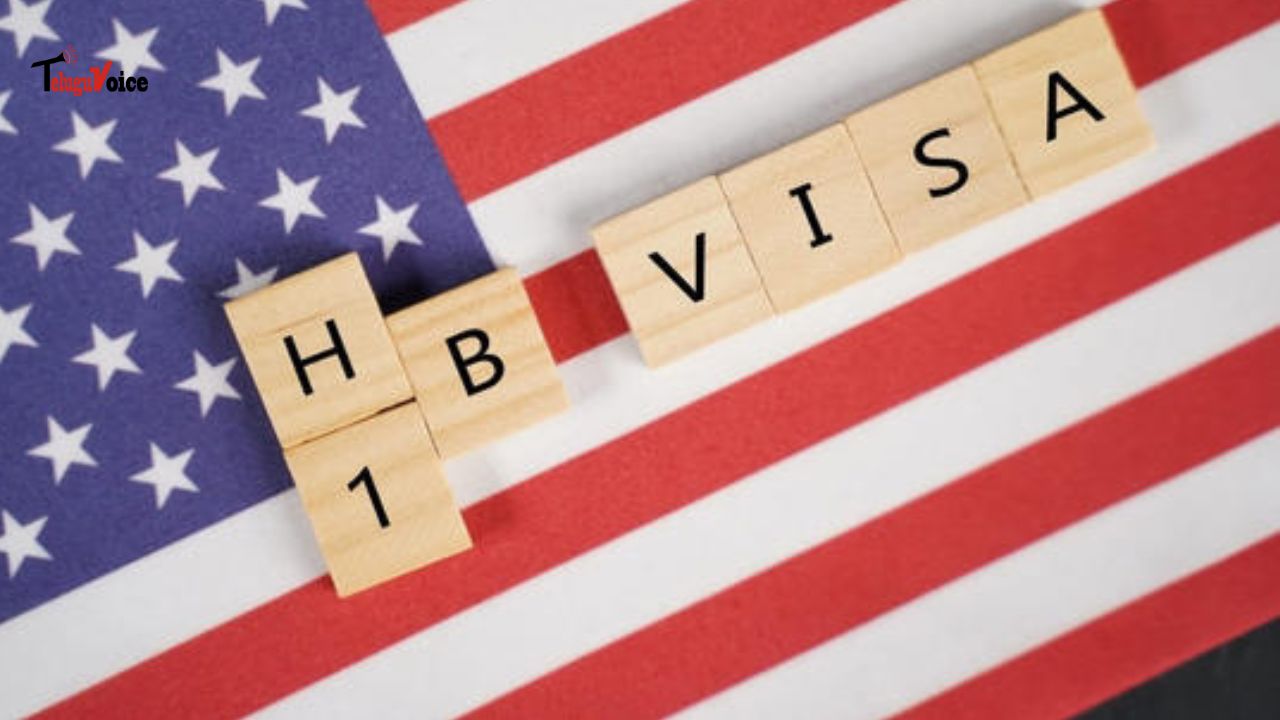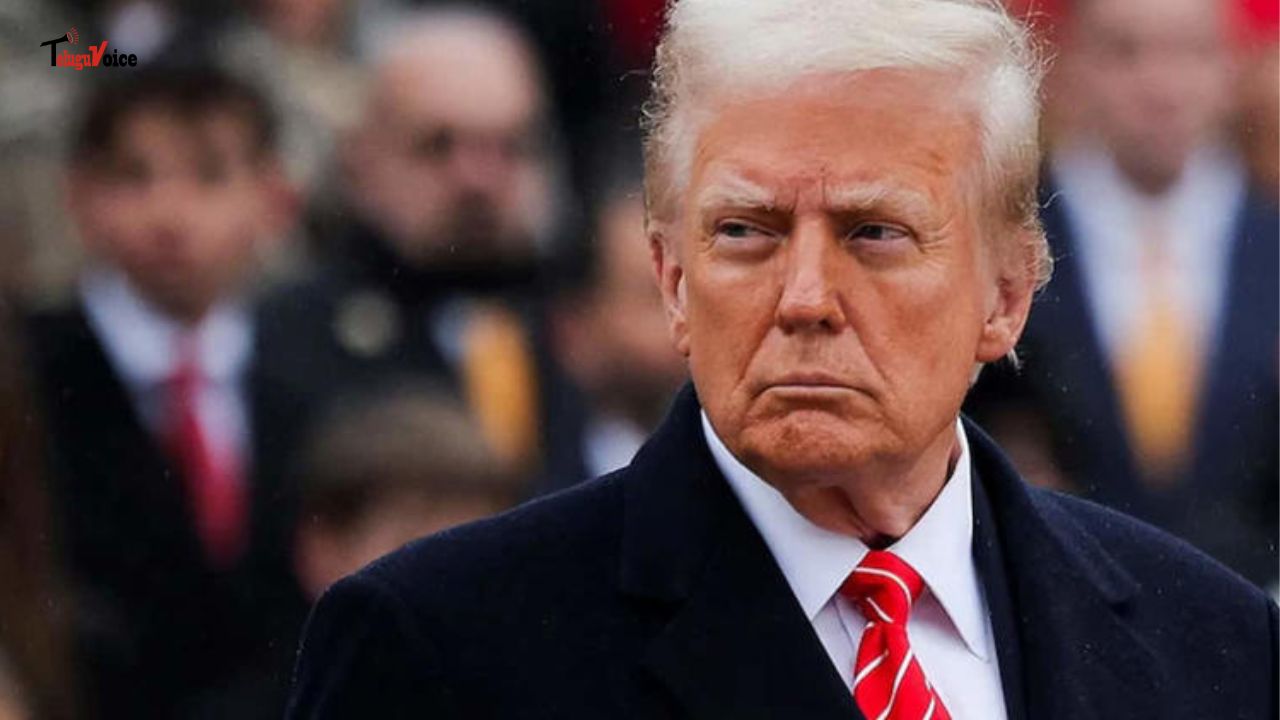H-1B Visa Holders and the 60-Day Travel Rumor: What You Should Know

Recent online posts have sparked panic among the Indian diaspora after three H-1B visa holders were allegedly denied re-entry into the U.S. at Abu Dhabi Airport. According to the claims, their visas were canceled because they stayed outside the U.S. for more than 60 days—one for nearly 3 months. This led to confusion regarding whether H-1B visa holders are restricted to a 60-day travel limit while abroad.
To clarify, there is currently no official U.S. government policy that restricts H-1B holders from staying out of the country for more than 60 days. The U.S. Citizenship and Immigration Services (USCIS) classifies the H-1B visa as a non-immigrant work visa, typically valid for three years and extendable up to six. It allows highly skilled professionals to work in specialized fields, including IT, medicine, and research.
However, U.S. border officials and preclearance authorities do have discretionary powers. If they suspect that a person no longer meets visa conditions—such as lack of ongoing employment or a break in the employer-employee relationship—they can deny entry regardless of the visa's validity. In such cases, travelers may be asked to provide recent pay stubs, employer letters, or evidence of active employment to prove they haven't been laid off or abandoned their job.
The confusion likely stems from such discretionary assessments, not from a formal travel-duration policy. Experts recommend all H-1B holders traveling internationally carry employment documentation and re-enter within a reasonable time to avoid scrutiny.
There is no official 60-day travel limit for H-1B visa holders, but extended stays outside the U.S. may raise red flags during re-entry. It’s best to be cautious and carry employment proof to avoid complications.

 South Africa tour of India 2019
South Africa tour of India 2019










Comments